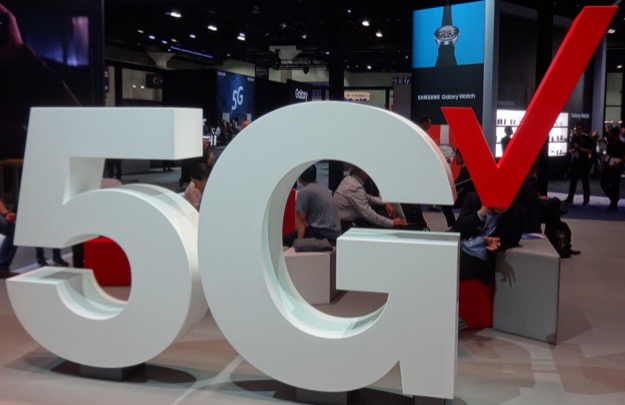
The three major U.S. mobile carriers are fighting each other’s advertising claims via an arbitration process run by the Better Business Bureau. First, it was T-Mobile who successfully challenged AT&T’s 5GEvolution scam. The BBB’s National Advertising Division (NAD) said that putting a 5G label on 4G service was misleading, and the appeals board run by BBB agreed.
Verizon objected to T-Mobile’s wide-ranging claims of wide ranging 5G coverage and NAD agreed, albeit while blessing verbiage about the superior building penetration ability of the low band spectrum it’s using.
To round out the set, earlier this month the appeals board upheld an earlier NAD ruling – the result of a complaint by AT&T – that Verizon shouldn’t be calling its service “the most powerful 5G experience”…
The evidence in the record does not clearly demonstrate what consumers understand “powerful” to mean in “the most powerful 5G experience” in the contexts shown. The panel found that the claim “most powerful” conveys a broad superiority message and that the advertiser would need to demonstrate consumer understanding of the term “powerful” in order to make the claim.
The panel therefore concluded that absent this evidence of consumer understanding of the term “powerful,” Verizon did not have proper support for the claim “Verizon is building the most powerful 5G experience for America” and recommended that it be discontinued. The panel did note, however, that the claim would have been supported had it been non-comparative because the evidence in the record demonstrated that Verizon’s future 5G network when generally available will provide the essential network metrics, whether one accepts NAD’s interpretation or Verizon’s interpretation of “powerful.”
There’s no enforcement mechanism attached to any of these opinions. Verizon said it will pull the offending adds, and T-Mobile is taking its case to the appeals board. AT&T effectively ignored that board’s decision, and continues to identify its 4G service using a 5GE icon.
